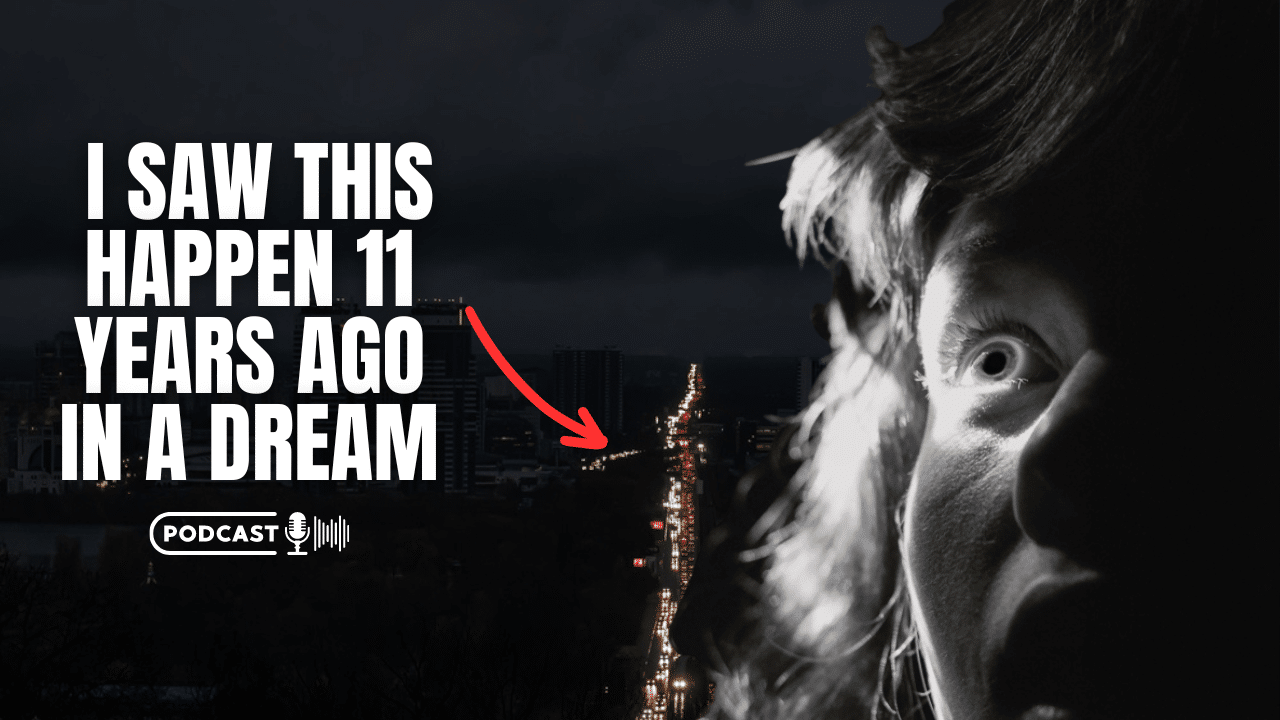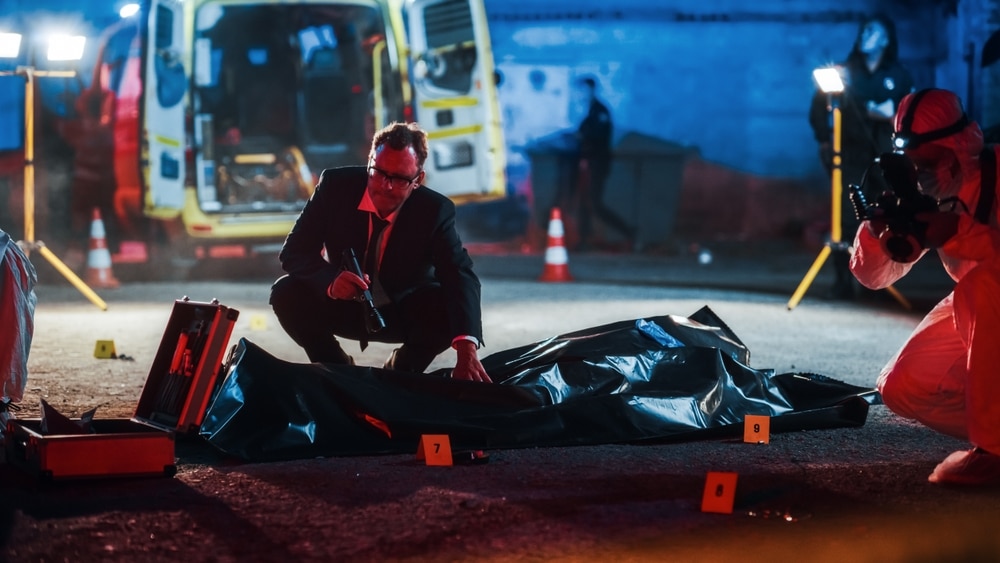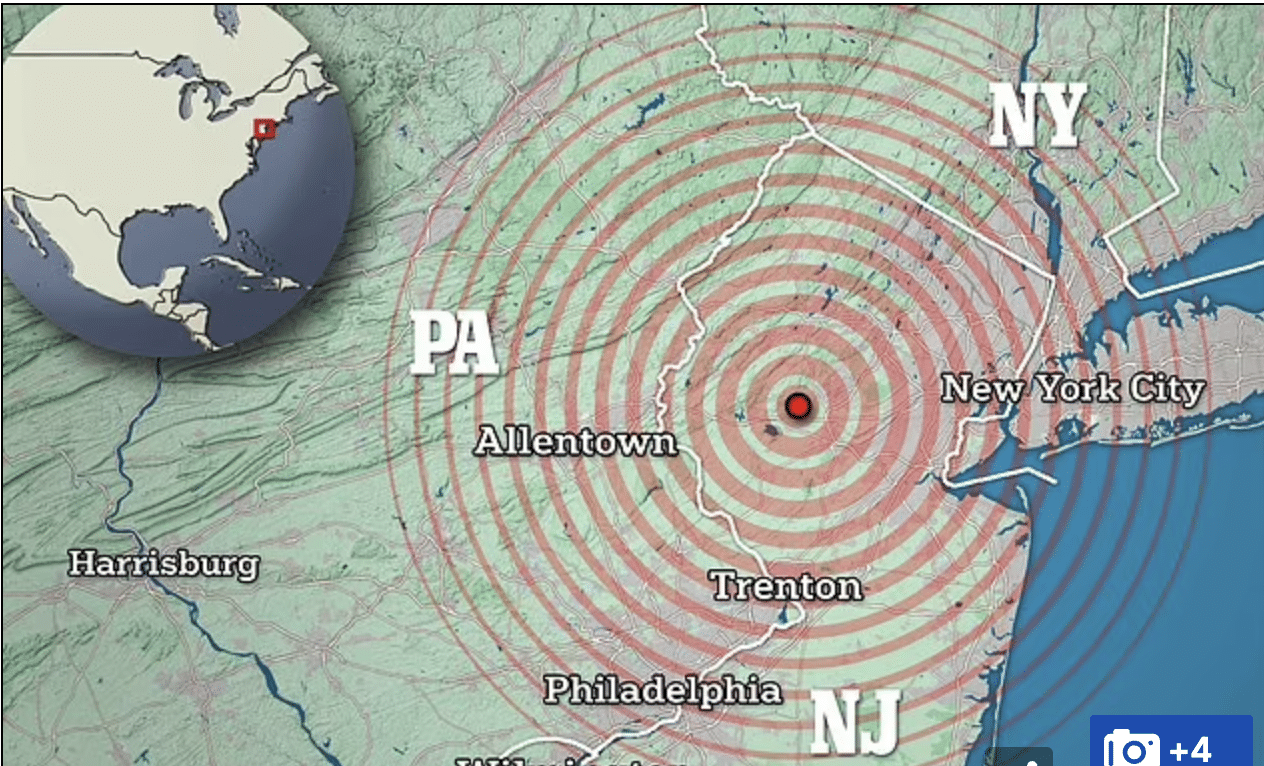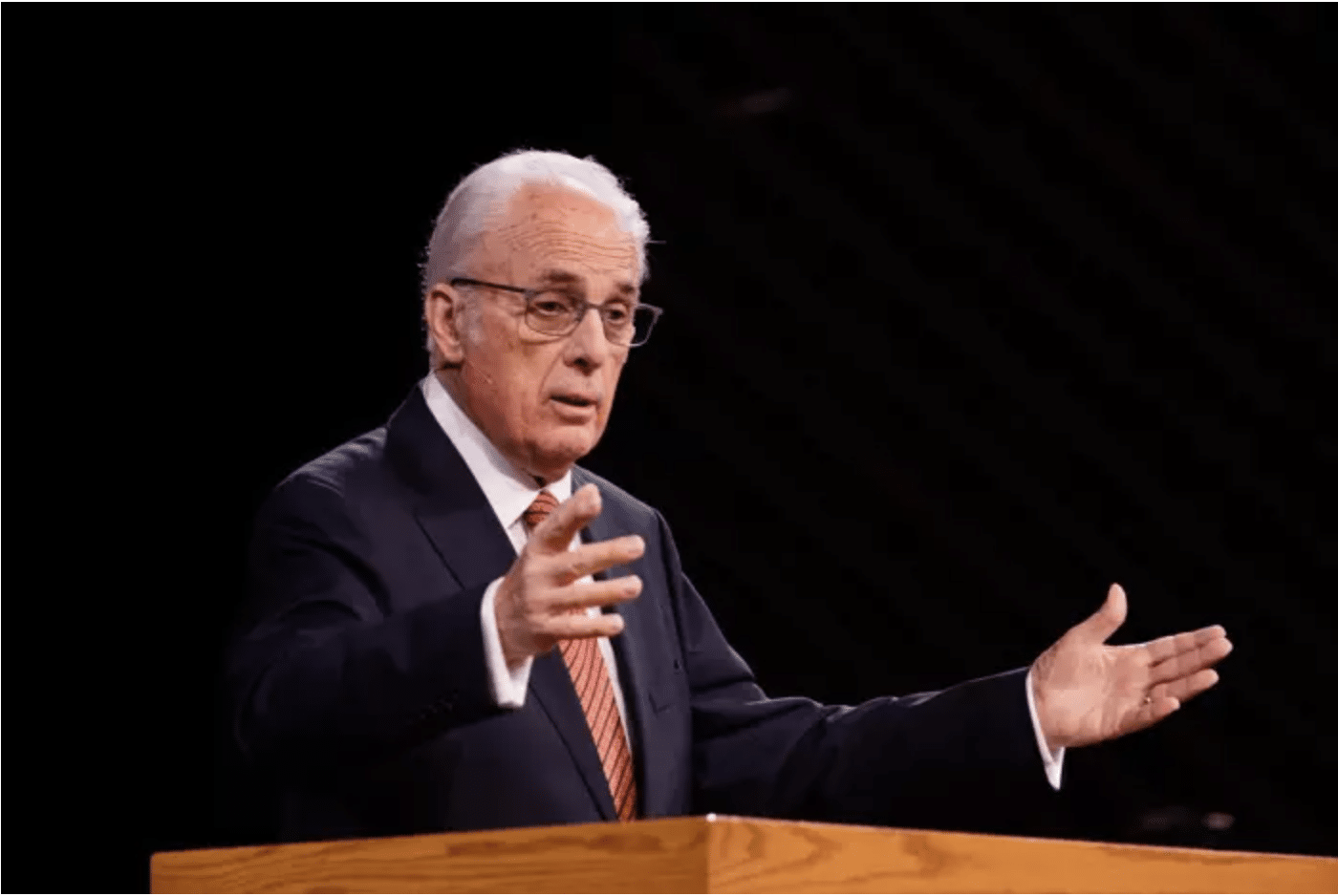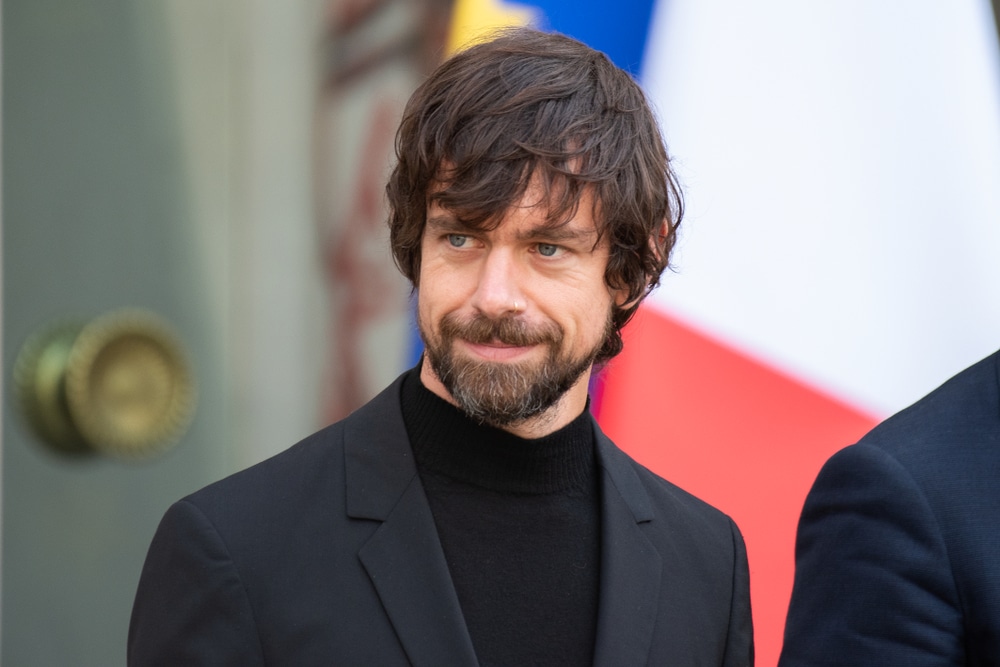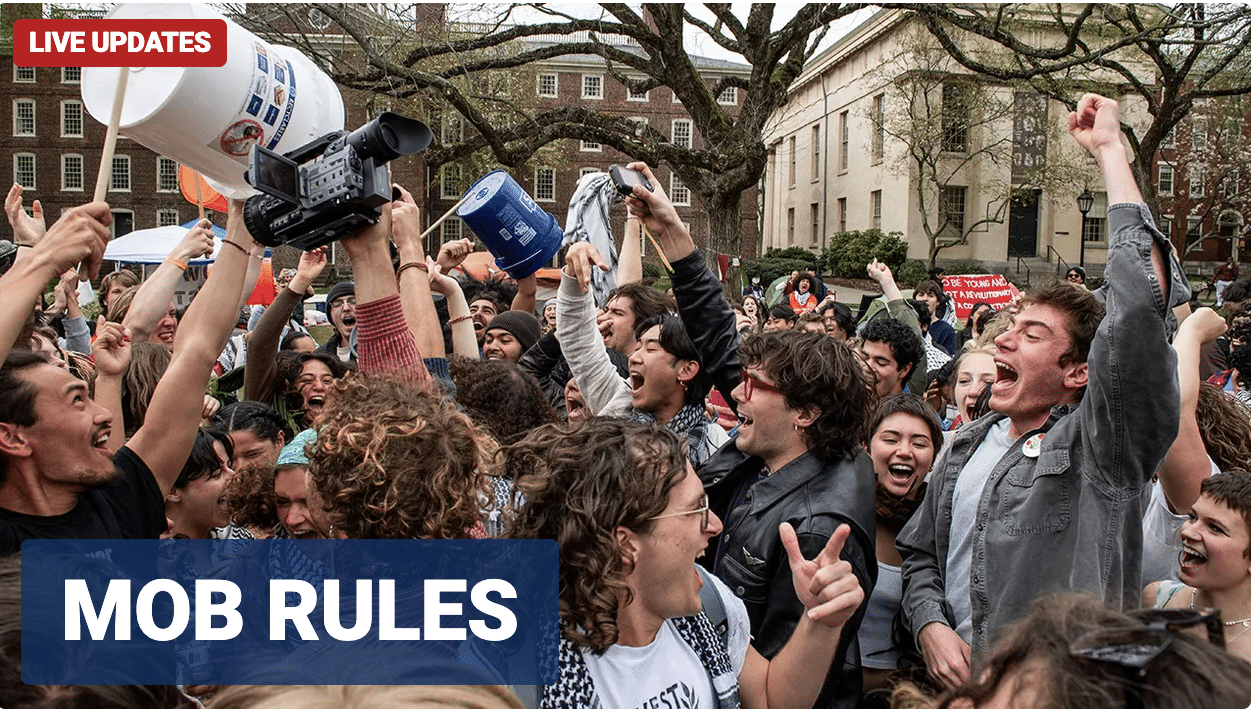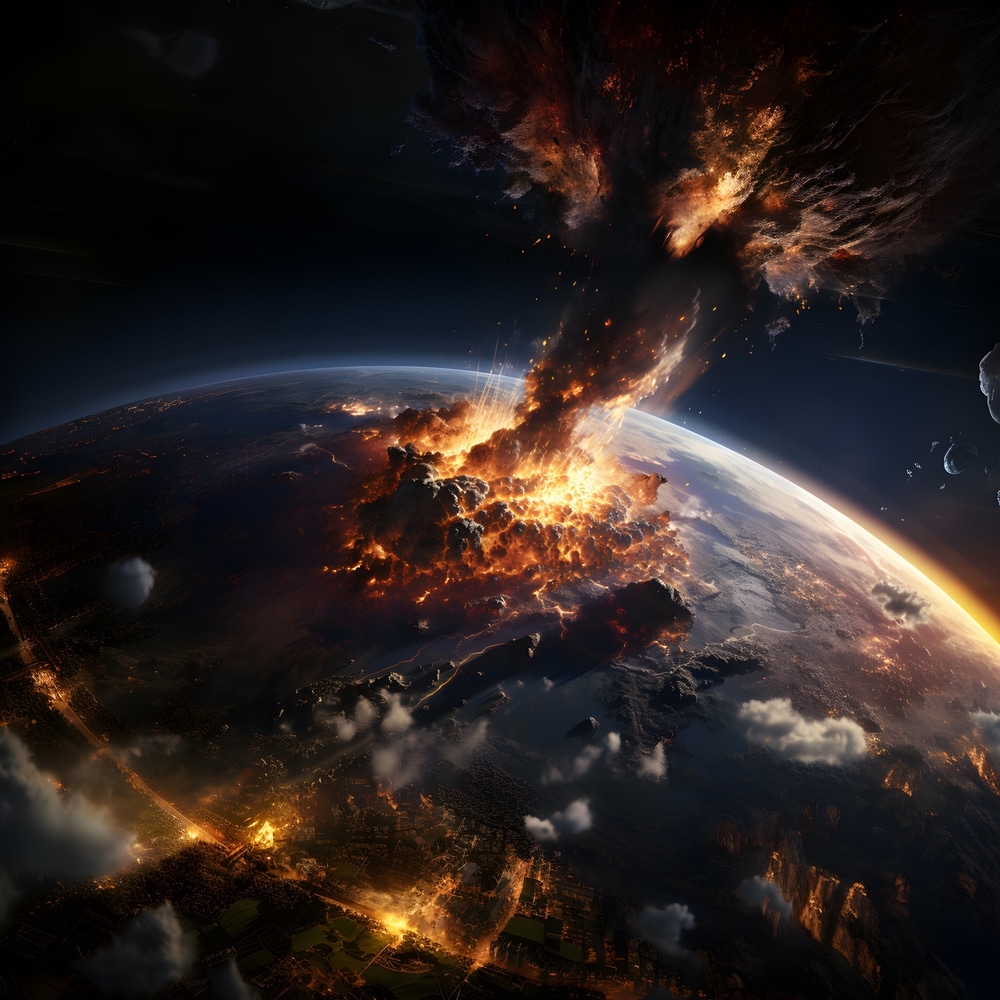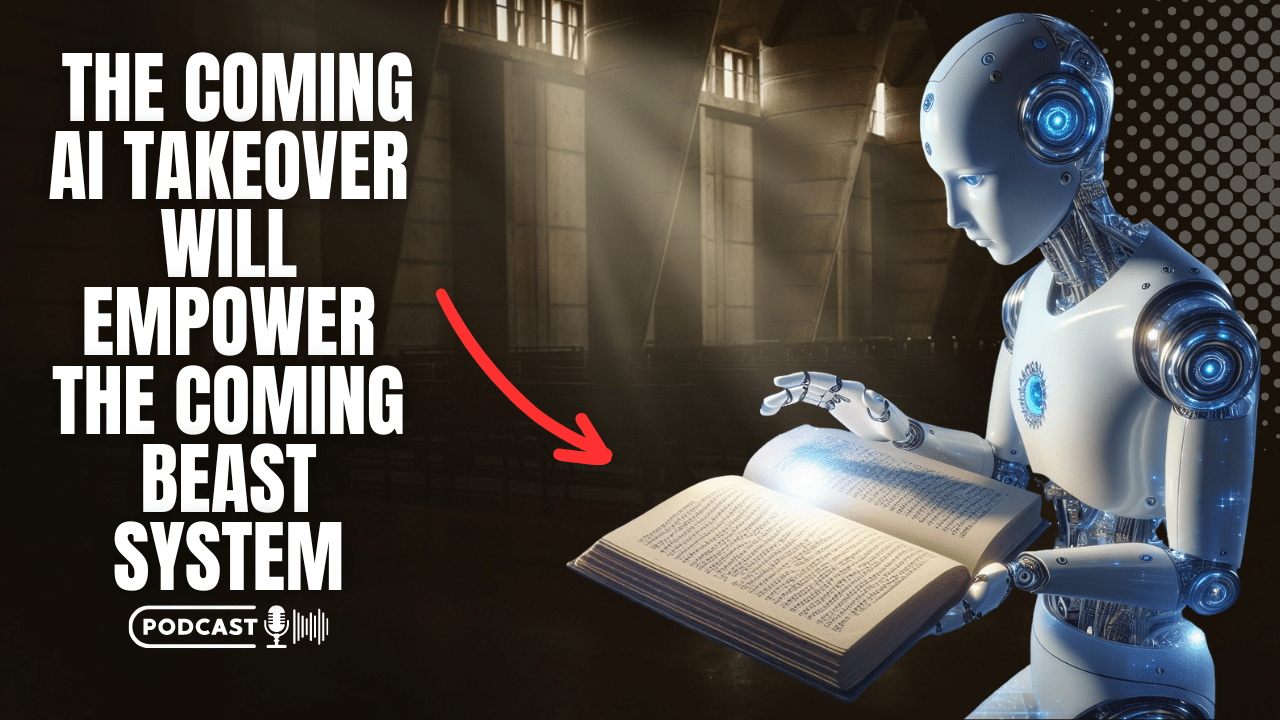A few years ago, during one of California’s steadily worsening wildfire seasons, Nat Friedman’s family home burned down. A few months after that, Friedman was in Covid-19 lockdown in the Bay Area, both freaked out and bored.
Like many a middle-aged dad, he turned for healing and guidance to ancient Rome. While some of us were watching Tiger King and playing with our kids’ Legos, he read books about the empire and helped his daughter make paper models of Roman villas.
Instead of sourdough, he learned to bake Panis Quadratus, a Roman loaf pictured in some of the frescoes found in Pompeii. During sleepless pandemic nights, he spent hours trawling the internet for more Rome stuff.
That’s how he arrived at the Herculaneum papyri, a fork in the road that led him toward further obsession. He recalls exclaiming: “How the hell has no one ever told me about this?”
The Herculaneum papyri are a collection of scrolls whose status among classicists approaches the mythical. The scrolls were buried inside an Italian countryside villa by the same volcanic eruption in 79 A.D. that froze Pompeii in time.
To date, only about 800 have been recovered from the small portion of the villa that’s been excavated. But it’s thought that the villa, which historians believe belonged to Julius Caesar’s prosperous father-in-law, had a huge library that could contain thousands or even tens of thousands more.
Such a haul would represent the largest collection of ancient texts ever discovered, and the conventional wisdom among scholars is that it would multiply our supply of ancient Greek and Roman poetry, plays and philosophy by manyfold.
High on their wish lists are works by the likes of Aeschylus, Sappho and Sophocles, but some say it’s easy to imagine fresh revelations about the earliest years of Christianity.
“Some of these texts could completely rewrite the history of key periods of the ancient world,” says Robert Fowler, a classicist and the chair of the Herculaneum Society, a charity that tries to raise awareness of the scrolls and the villa site. “This is the society from which the modern Western world is descended.” (FULL REPORT)



